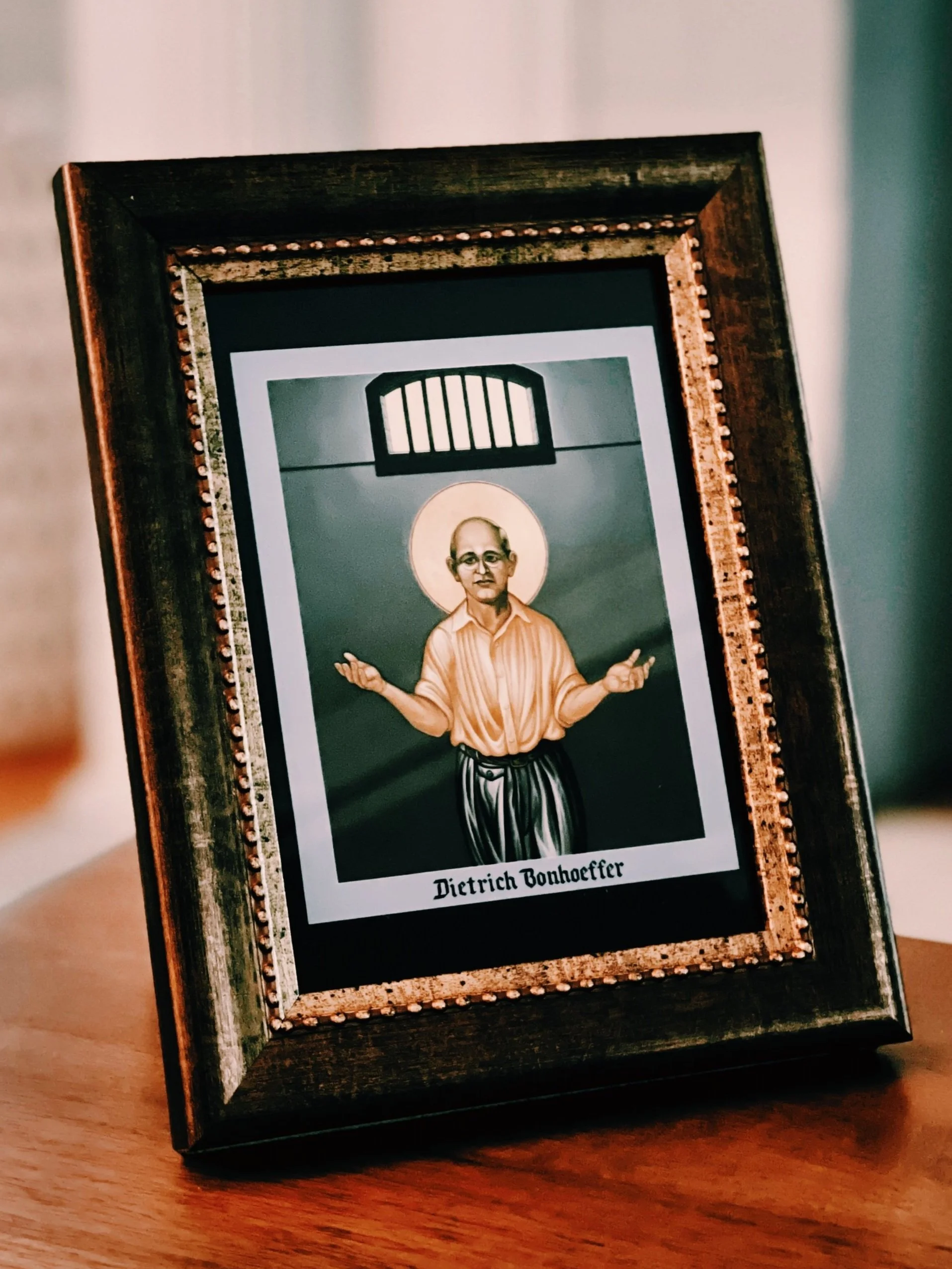Harlem & Vicarious Representative Action:
The Impact of Bonhoeffer’s year abroad on the development of the motif stellvertretung
Note: This paper was prepared as part of the coursework for ET525: Ethics of Bonhoeffer at Fuller Theological Seminary in 2019.
Abstract: This academic paper explores the profound impact of Dietrich Bonhoeffer's year abroad in Harlem, New York, on the development of the theological motif known as "stellvertretung" or vicarious representative action. Prior to his sojourn in the United States, Bonhoeffer's works contained limited references to stellvertretung. However, his experiences in Harlem catalyzed a transformative shift in his understanding of this concept and its centrality in his theological thinking.
The paper begins by contextualizing Bonhoeffer's arrival in the United States in 1930 against the backdrop of historical events, including the aftermath of World War I, the Harlem Renaissance, economic disparities, and the Great Depression. Bonhoeffer's affluent background contrasted starkly with the socio-economic challenges he encountered in Harlem, which led to a deepening of his empathy and an awakening to the harsh realities faced by African Americans.
During his time in Harlem, Bonhoeffer's engagement with the Abyssinian Baptist Church and his close friendship with Albert Fisher exposed him to the rich culture and unique theological perspective of the African American community. This experience prompted Bonhoeffer to reevaluate his theological stance, as he witnessed the power of faith in the face of adversity and the role of Christ as a cosufferer.
The paper traces the development of the concept of stellvertretung in Bonhoeffer's writings both before and after his year in New York. While references to stellvertretung existed in his earlier works, the depth and centrality of this theme evolved significantly following his time in Harlem. His lectures, relationships with students, and pastoral experiences in Berlin further contributed to the development of stellvertretung as a central motif in his theology.
Bonhoeffer's works post-Harlem, including "Discipleship," "Life Together," and "Ethics," demonstrate his deepening understanding of stellvertretung as it relates to the church and the world. He emphasized the church's role in vicariously representing Christ's actions and suffering in the world, promoting intercession, confession, and empathy among believers.
In conclusion, this paper posits that Dietrich Bonhoeffer's transformative experiences in Harlem played a pivotal role in his theological development, particularly in his understanding of stellvertretung. His encounters with the African American community, coupled with his growing empathy and awareness of social injustices, led to a profound shift in his theology. This shift ultimately contributed to his emphasis on the church's responsibility to engage vicariously in the world and exemplify the sacrificial love of Christ.
